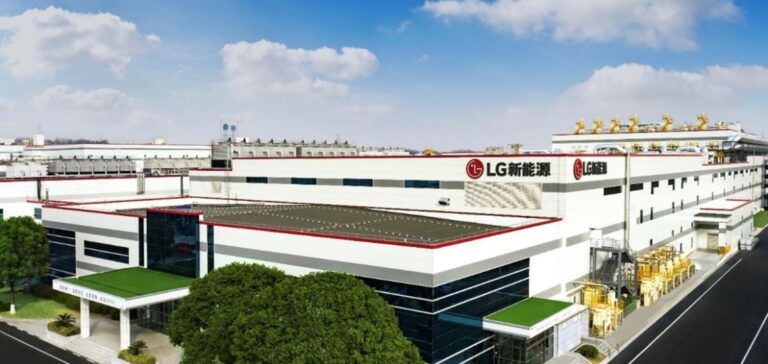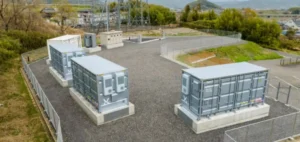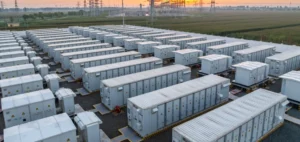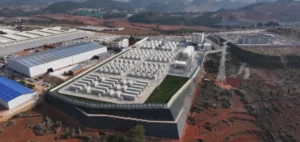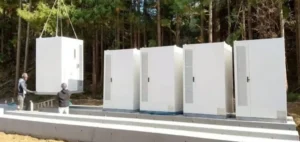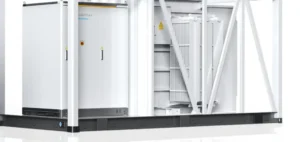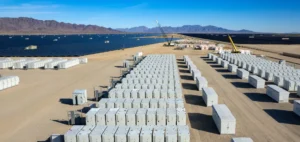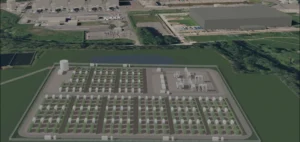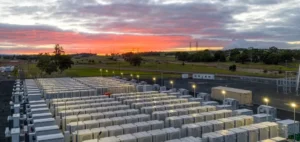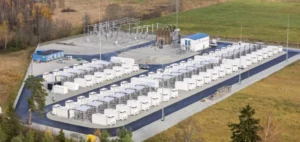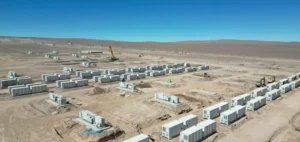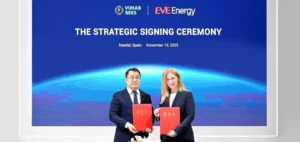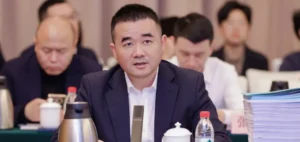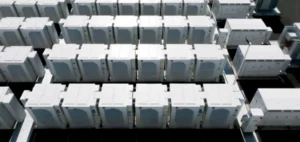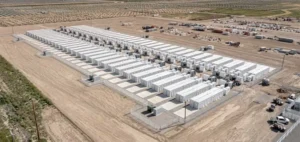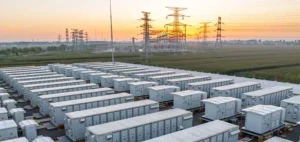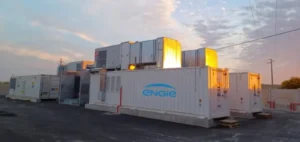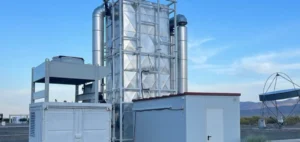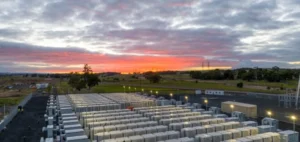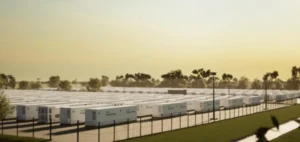Two battery recycling plants will be built in China. One for pre-treatment (Nanjing) and the other for post-treatment (Quzhou).
LG Energy Solution joins forces with Huayou Cobalt for battery recycling joint venture in China
LG Energy Solution has announced the creation of its first battery recycling joint venture (JV) with Zhejiang Huayou Recycling Technology Co, Ltd, a subsidiary of Huayou Cobalt. LGES and Huayou Recycling signed the joint venture agreement at Huayou Cobalt’s headquarters in Tongxiang, China, on August 7. In the presence of Dongsoo Kim, Senior Vice President, LGES Supply Center. And Xuehua Chen, President of Huayou Cobalt, and Wei Bao, General Manager of Huayou Recycling.
The new joint venture will oversee the construction of two battery recycling plants in China. A pre-treatment plant in Nanjing, where LGES currently operates its battery production plant. And a post-processing plant in Quzhou, a strategic location for using Huayou Cobalt’s pre-existing infrastructure. When production starts at the end of 2024, battery waste generated by the LGES Nanjing facility, together with battery waste collected by Huayou Recycling, will be delivered to the joint venture to produce recycled metals, including nickel, cobalt and lithium, which will be processed and supplied to the LGES Nanjing plant.
Through the joint venture, LGES will ensure a stable supply of used and waste batteries, which are essential to the company’s initiative. Aiming to establish an integrated closed-loop manufacturing system and strengthen its competitive edge. Finally, LGES will also strengthen its cost-competitiveness by increasing the quantity of metals recovered through the adoption of new techniques, and by reducing recycling costs.
LGES-Huayou Cobalt: Towards a robust closed-loop recycling system in China
In addition, by locating pre-treatment and post-treatment facilities close to its Nanjing plant. LGES will be able to establish a more robust closed-loop recycling system in China. Establishing a closed-loop battery manufacturing system is a priority task for LGES in realizing its ESG vision. The company proactively implements ESG-related practices. Such as the reuse or recycling of batteries at the end of their life, and the management of waste generated on our commercial sites.
In China, LGES has already completed the installation of a recycling system at its Nanjing site by 2022. Worldwide, the company has forged strategic partnerships with leading recyclers. To establish a collection system for end-of-life batteries. LG Energy Solution is one of the world’s leading manufacturers of lithium-ion batteries for electric vehicles. But also in IT and energy storage systems.
LG Energy Solution and Huayou Cobalt: A Joint Venture Focused on Sustainability Thanks to LG
With 30 years’ experience in revolutionary battery technology and extensive research and development (R&D), the company is the world’s leading battery patent holder, with over 25,000 patents. It covers North America, Europe, Asia and Australia, and includes battery manufacturing facilities established through joint ventures with major automakers such as General Motors, Stellantis, Hyundai Motor Group, and Honda Motor.
At the forefront of green business and sustainability, LG Energy Solution aims to achieve carbon neutrality by 2050. All the while embodying the value of shared growth and promoting a diverse, inclusive corporate culture.


